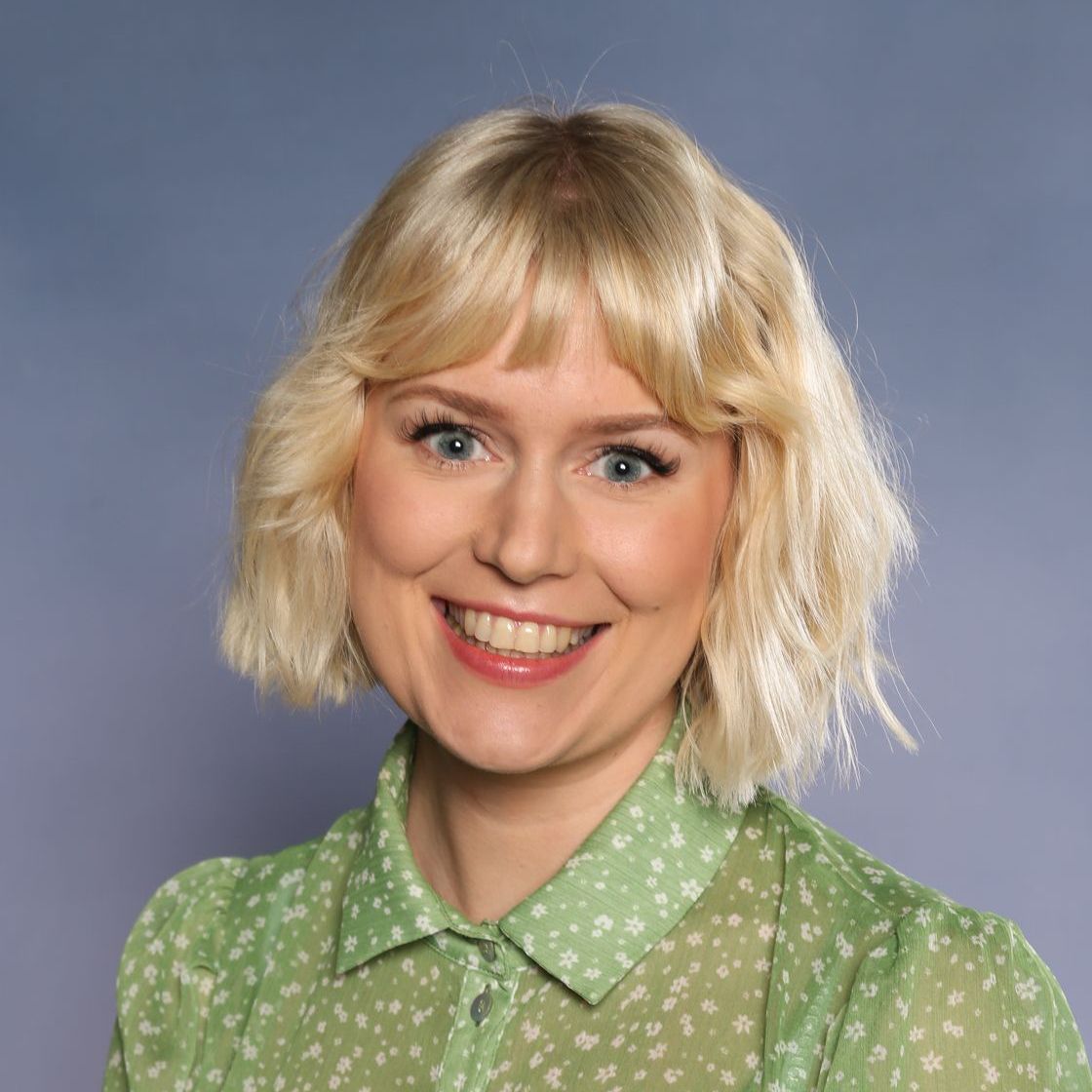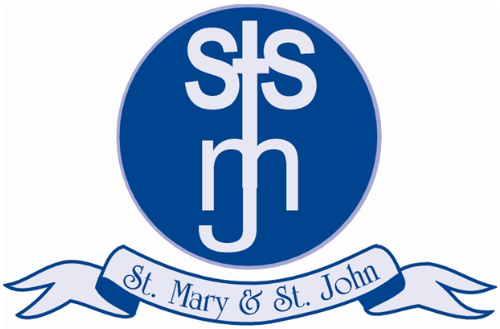At St. Mary and St. John RC Primary School we follow the newest Early Years Foundation Stage framework 2021. This is made up of four overriding principles which our early year’s education is based upon:
Unique Child – Every child is unique child who is constantly learning and can be resilient, capable, confident and self-assured.
Positive Relationships – Children learn to be strong and independent through positive relationships.
Enabling Environments – Children learn and develop well in enabling environments, in which their experiences respond to their individual needs and there is a strong partnership between practitioners and parents and carers.
Learning and Development – Children develop and learn in different ways. The framework covers the education and care of all children in early year’s provision, including children with special educational needs and disabilities.
Areas of learning and development
There are seven areas of learning and development. The areas are: -
PRIME AREAS
Personal, Social and Emotional Development – involves providing opportunities for young children to be active and interactive; and to develop their co-ordination, control, and movement. Children must also be helped to understand the importance of physical activity, and to make healthy choices in relation to food.
Communication and Language – involves giving children opportunities to experience a rich language environment; to develop their confidence and skills in expressing themselves; and to speak and listen in a range of situations.
Physical Development – involves helping children to develop a positive sense of themselves, and others; to form positive relationships and develop respect for others; to develop social skills and learn how to manage their feelings; to understand appropriate behaviour in groups; and to have confidence in their own abilities.
As our children grow and make progress in the prime areas, this will help them to naturally develop skills within the four
specific areas. These are:
Literacy – the early teaching of literacy involves encouraging children to link sounds and letters and to begin to read and write.
Reading consists of two dimensions: language comprehension and word reading. Language comprehension (necessary for both reading and writing) starts from birth. It only develops when adults talk with children about the world around them and the books (stories and non-fiction) they read with them, and enjoy rhymes, poems and songs together. Skilled word reading, taught later, involves both the speedy working out of the pronunciation of unfamiliar printed words (decoding) and the speedy recognition of familiar printed words. Writing involves transcription (spelling and handwriting) and composition (articulating ideas and structuring them in speech, before writing).
Mathematics – the early teaching of mathematics involves providing children with opportunities to develop and improve their skills in counting, understanding and using numbers, calculating simple addition and subtraction problems.
Understanding the World – this involves guiding children to make sense of their physical world and their community through opportunities to explore, observe and find out about people, places, and some significant events from the close past.
Expressive Arts and Design – this involves enabling children to explore and play with a wide range of media and materials, as well as providing opportunities and encouragement for sharing their thoughts, ideas and feelings through a variety of activities in art, music, movement, dance, role-play, and design and technology.
This year there is a new focus on early language and extending vocabulary, with more emphasis on how to embed and develop vocabulary skills across all 7 areas, because this improves child development in a broad curriculum.
Phonics (Newly revised Letters and Sounds) Little Wandle
We follow the new and revised Little Wandle Phonics and Reading programme that teaches children to read and write, at the same time as developing their spoken language, vocabulary, grammar and spelling.
Phonics is taught first thing, daily as a whole class. Alongside a number of interventions and ‘catch up’ phonics sessions to support children’s needs in early reading and writing. All phonics sessions are planned for using the Little Wandle scheme and followed consistently by the teaching staff in Reception and throughout KS1. All staff have received up to date training.
Children are given the opportunity to consolidate their phonics skills through continuous provision activities, reading practice sessions and in many other areas of their school curriculum. We provide lots of fun opportunities for children to listen to and contribute to rhymes, stories and poems, exploring words and meaning. Children are read at least two stories daily in Reception class.
NELI- Nuffield Early Language Intervention
NELI is a programme for children in Reception (4-5 years) which has been found to improve children's language and early literacy skills. A member of our EYFS Team (usually our learning support assistants) delivers three small group sessions and two individual sessions to a targeted group of around 3-6 pupils for 20 weeks. Children are thoroughly assessed in early language skills at the beginning of the school year and are given the intervention where necessary. This intervention has shown a fantastic impact in confidence of language, comprehension, and literacy skills, particularly for children with EAL, or children who start reception with speech and language difficulties.


